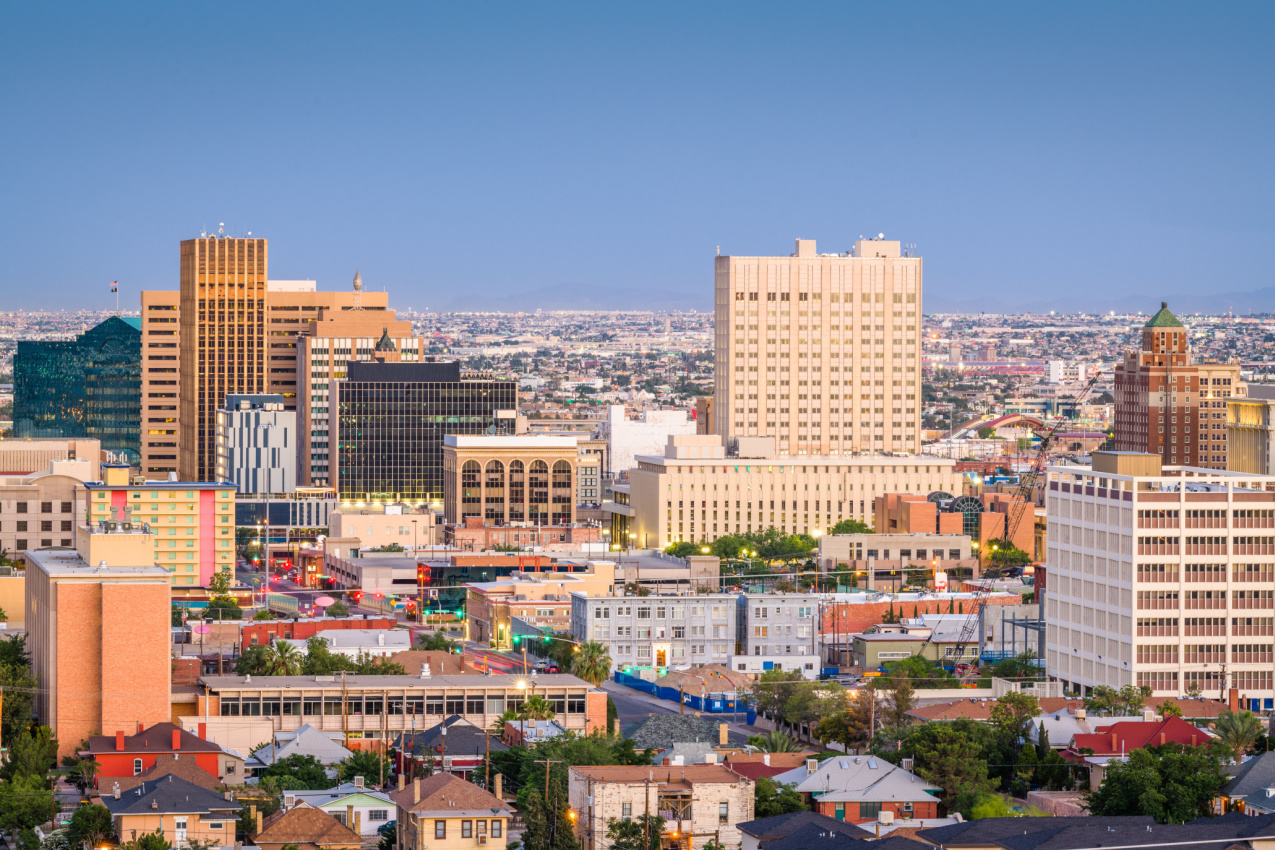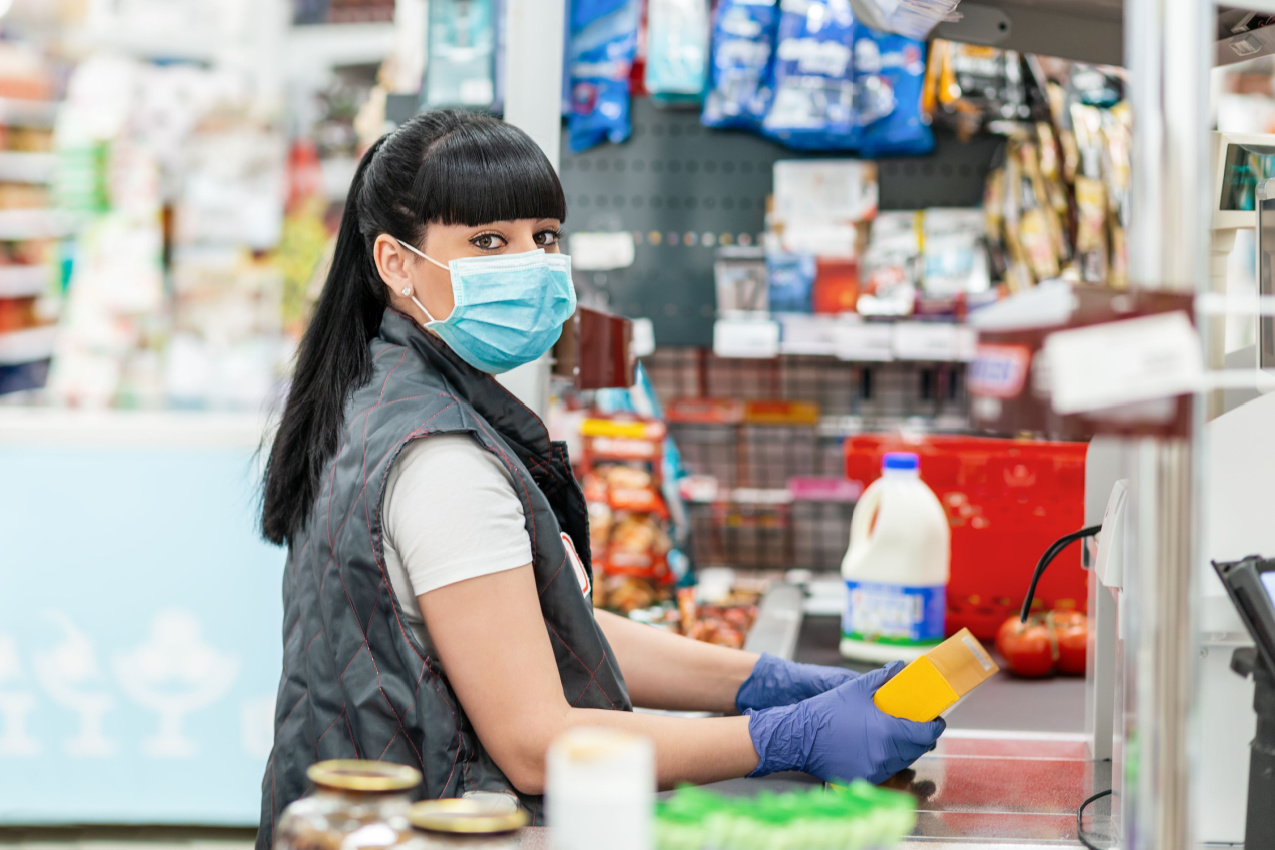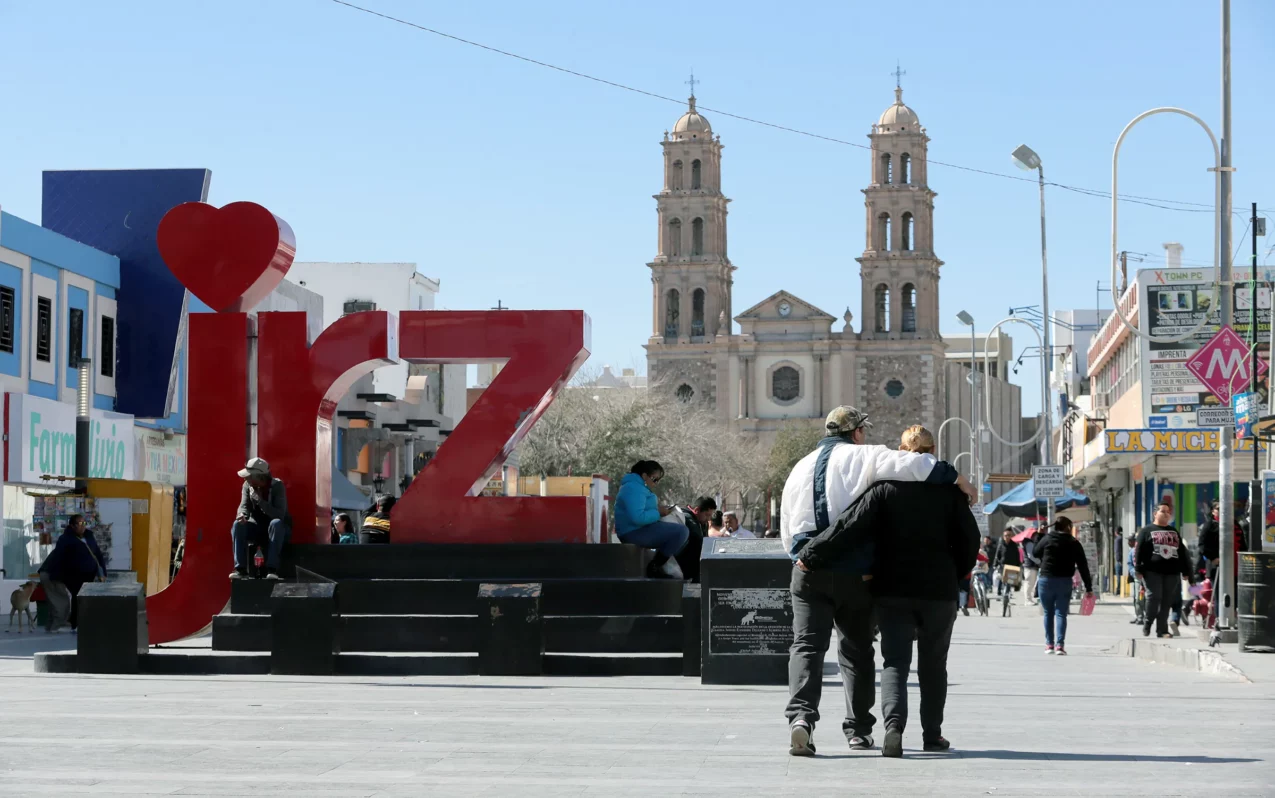Three cartels rule Juarez’s underbelly, turning Juarez into one of Mexico’s most dangerous cities.
Juarez isn’t safe for travel. The U.S. State Department urges travelers to reconsider visiting this town.
In this safety guide, we discuss cartels, crime, violence, and lighter issues like COVID-19 safety, carbon monoxide safety, and natural disasters.
We have so much to uncover regarding safety in Juarez, so let’s begin.

Are you planning a last minute trip to Juarez? We’ve put together all the resources you’ll need for a fun & safe travel:
🛌 Best & Safest Places to Stay in Juarez:
👉 Four Seasons Hotel Mexico City – Pets allowed, Key card access, City view
👉 Emporio Reforma – Spa and wellness centre, 3 swimming pools, Fitness centre
👉 Marriott Reforma Hotel – Terrace, Luggage storage, Air conditioning
👉 Fiesta Americana Reforma – Pets allowed, Facilities for disabled guests, Bath
🚗 Best & Safest Juarez Transportation Services:
👉 Airport Pickup Service – Welcome Pickups
👉 Rent a Car – DiscoverCars
🙏 Stay Safe While Travelling:
👉 Safetywing (for medical insurance)
👉 VisitorsCoverage (for trip insurance)
The U.S. State Department’s Travel Advisory Regarding Ciudad Juarez
The US State Department has issued a travel advisory for visitors heading to Mexico.
The travel advisory shares a list of Mexican states that visitors should never visit, reconsider visiting, visit with extreme caution, or visit with normal precautions.
Ciudad Juarez sits in Chihuahua state, which, according to the U.S. State Department, is a state where travelers should “Reconsider Visiting” due to the high levels of crime and violence.
A Comprehensive Look at Juarez’s Crime Rates
Juarez is the homicide capital of the world and the third most dangerous city in the world. The second place went to Tijuana, and Celaya was at the top.
In 2020 the total homicide rate was 1649, while in 2021 was 1421. In 2022, the numbers have slightly decreased, with a total number of 1045 homicides.
Cartel Presence in Ciudad Juarez
The ongoing crime tarnishes Juarez’s reputation, but that’s just the grim reality of border cities controlled by powerful cartels.
Juarez is controlled by three cartels: Juárez cartel, Sinaloa cartel, and Jalisco New Generation cartel. These cartels focus primarily on drug trafficking, but their presence and turf wars have affected the whole population.
Other Crimes in Ciudad Juarez
Crime statistics reveal that Juarez has a handful of other concerns, including:
- Corruption
- Bribery
- Vehicle theft
- Home break-in
- Armed thievery
- Assault
- Insult
- Consumption of illegal substances
- Physical assault based on skin color, ethnicity, gender, or religion
COVID-19 Safety in Juarez

Mexico removed the restrictions on COVID-19 tests and vaccines upon entry.
Tourists arriving in Ciudad Juarez may be examined for body temperature. If a tourist is suspected of having the virus, he or she may be quarantined.
If you have any of the following symptoms, shortness of breath, fever, frequent coughing, chills, weariness, muscle soreness, headache, and loss of taste, cancel your trip to Ciudad Juarez and get tested.
If you are already in Juarez, private testing costs between 950 and 4500 MXN ($53 and $250) for PCR tests and between 200 and 1000 MXN ($11 and $55) for viral antigen tests.
All tourists should make every effort to avoid the virus. This means that everyone should make it a habit to regularly wash their hands, maintain a safe distance, and put on a mask in case of possible symptoms.
The Risk of Natural Disasters in Juarez
Mexico is at risk from three natural disasters: hurricanes, earthquakes, and volcanic eruptions. Although none of these natural disasters directly endanger Ciudad Juarez, it’s vital to be on the lookout for such catastrophes.
Hurricane Information and Precautions
Ciudad Juarez isn’t affected by hurricanes. Hurricanes typically start over warm ocean waters close to coastlines. Ciudad Juarez is located in the Chihuahuan Desert, which is far from the coast and has an arid climate with low yearly precipitation.
Ciudad Juarez, however, may see occasional flooding and heavy rain. This type of flooding occurred in June 2021, when streets became so flooded that you could ride a jet ski. Residents were told to stay at home. Another flooding of that magnitude happened in September 2022.
Visit the National Hurricane Service for the most recent updates on incoming storms.
Earthquake Information and Precautions
Northern Mexico has less seismic activity than other regions, such as the Pacific coast. So no, Ciudad Juarez isn’t prone to disastrous earthquakes.
On rare occasions, the city may feel aftershocks of earthquakes that happen elsewhere in Mexico. The aftershocks are felt as small tremblings or vibrations.
To keep up with the most recent earthquakes that have impacted Juarez or the nearby areas, visit the Allquakes website.
Volcanic Eruption Information and Precautions
Ciudad Juarez is not situated near active volcanoes and is thereby not vulnerable to eruptions.
The closest active volcanoes to Juarez are Popocatepetl and Colima — however, they are hundreds of kilometers away from the city in central and western Mexico.
Visit the website of the Smithsonian Institution’s National Museum of Natural History for the most recent volcanic eruptions.
Carbon Monoxide Awareness and Prevention in Juarez
Carbon monoxide (CO) is an invisible toxic gas created by fuel combustion in appliances, fireplaces, stoves, furnaces, etc. When the gas leaks indoors, it can poison people or animals who breathe it in.
The symptoms of carbon monoxide poisoning include headaches, dizziness, nausea, disorientation, weakness, chest discomfort, and loss of consciousness.
Medical specialists tested 64 households in Ciudad Juárez for carbon monoxide exposure. The findings revealed that 67% of homes with gas heaters and 60% with wood heaters had hazardous CO levels.
Authorities are asking homeowners, hotels, and rental units to install carbon monoxide detectors throughout their premises. They are also advising travelers to bring their own carbon monoxide detectors wherever they go to be safe and prevent a tragedy.
Juarez Weather Patterns: What to Expect?
Ciudad Juarez has two seasons: wet and dry.
The wet season lasts from June through September. Rain can be heavy, but it is usually brief. August is the wettest month, with precipitation totaling up to 50 mm (2 inches). Temperatures range from 76 to 97°F (24 to 36°C).
The dry season lasts from October to May. March and April are the driest months, with precipitation levels of about 5 mm (0.2 in). The coldest month is January, with an average temperature of 47.8°F (8.8°C). The warmest is May, with an average temperature of 76°F (24°C).
Weather Overview in Juarez
Summer
Summer in Juarez lasts from June to August. During this time, Juarez enjoys long, sunny days and scorching temperatures, up to 98°F (36°C) during all three months. Summer nights in Juarez are warm, reaching 71°F (21°C).
Fall
Juarez’s fall season starts in September and wraps up in November. It’s a transitional season, with temperatures progressively dropping. The average daily temperature is around 65°F (18°C), with a maximum of 90°F (32°C). The first autumn nights are pleasant, with temperatures reaching 64°F (17°C), but by the end of the season, temperatures can drop substantially, to 40°F (4°C).
Winter
The winter season spans from December to February. It’s distinguished by colder weather, shorter days, and longer nights. Snowfall is uncommon, though not unheard of. The average daytime temperature can dip below 47°F (8°C) and reach a high of 67°F (19°C). Winter nights in Juarez are cold, with lows of 34°F (1°C).
Spring
Cabo San Lucas’ spring season lasts from March until May. Spring in Ciudad Juarez delivers a lovely shift from cooler to warmer temperatures. The lowest it can get during the day is 59°F (15°C), and the highest it can get is 90°F (32°C). Spring nights can drop to 44°F (6°C) or reach 62°F (16°C).
When Is the Best Time to Visit Juarez?
While we do not advise travelers to visit this crime-ridden city, some of you may have to.
The ideal time to visit Juarez is spring (March, April, and May) and fall (September, October, and November) because you’ll enjoy comfortable weather that is neither burning hot nor freezing cold.
If you don’t like rain and extreme humidity, avoid August because it’s the wettest month of the year. Plan your travel during the dry months of March and April.
For those who thrive in warm weather, the warmest months are June, July, and August. However, if you are a winter person, you will undoubtedly appreciate the coldest month, January.
Ciudad Juarez has its busiest travel months in June, August, September, October, and November. May and July also have plenty of tourists, but not as many as the months we just listed.
January and February have the fewest visitors, whereas March, April, and December stand right in the middle. If you want to avoid big crowds, one of these months is the best bet.
Are There Beaches in Juarez?
No, Ciudad Juarez is an inland city with no proximity to beaches. If you’re looking for beach destinations in Mexico, you should visit coastal places such as Cancun, Puerto Vallarta, or Cabo San Lucas.
Exploring Juarez Solo or With a Family: Is It a Good Idea?

We’ve said it before, and we’ll repeat it: Juarez is a dangerous city, if not the most dangerous, so we can’t imagine why someone would pick Juarez for a vacation, especially if they’re traveling alone or with their family.
The U.S. State Department warned tourists to avoid visiting this city, but despite the warning, we feel obligated to share some safety tips and tricks for those heading there.
Essential tips for staying safe:
- Learn some fundamental Spanish words
- Check where the closest police station is on Google Maps
- Know your emergency numbers while there:
- The emergency number for police is 911
- The emergency number for an ambulance is 066
- The emergency number for fire services is 080
- Walk around during the day and never at night
- Purchase a Mexican SIM card
- Be cautious when using public transportation, as this is where pickpockets typically prey on their victims
- Never flaunt expensive stuff in public, as this may tempt a criminal to steal from you
- Don’t take street taxis. Instead, call an Uber
- Check the reputation of the hotel or rental unit you’re planning to stay
- Drink only bottled water
- Don’t draw money from public ATMs. Instead, go to the mall, supermarket, or bank
- Have some pesos on hand — not all establishments accept card payments
- Keep valuables securely in locks or hotel safes, or hide them in several hidden locations
Tips for traveling alone:
- Inform a friend or family member back home of your travel plans
- Don’t walk alone at night
- Don’t accept drinks from strangers
- Be aware of individuals who are trying to catch your attention, as it could be a theft plan
- Avoid areas densely packed with clubs and bars to avoid running into drunk individuals
- Drink responsibly
- Never offer a total stranger or someone you just met your phone number or the address of your hotel
- Dress very modestly and ignore catcallers
- If someone offers you narcotics, kindly refuse them
- If someone threatens you for your valuables, don’t fight back and give them what they want because they may be armed
Tips for traveling with your family:
- Renting a car is safer and more cost effective than using a cab or a bus
- Explore the city during the day
- Stick to tourist areas
- Be careful when drinking, especially if you’re driving
- Always explore the city together and never apart
- Assemble a first-aid kit, and bring sunscreen
- Always keep an eye out for your children
- For the sake of your children’s safety, avoid staying out too late in bars or restaurants
Conclusion
In conclusion, not many tourists travel to Ciudad Juarez and those who do may be insufficiently educated about the dangers there.
Three extremely dangerous cartels control Juarez. The concrete of the city is permeated with crime and violence, and you never know when or who will strike next.
Therefore, abide by the U.S. State Department’s travel advice and avoid Ciudad Juarez. There are safer options to choose from where you can feel secure and at peace with friends, and family as well as by yourself!



